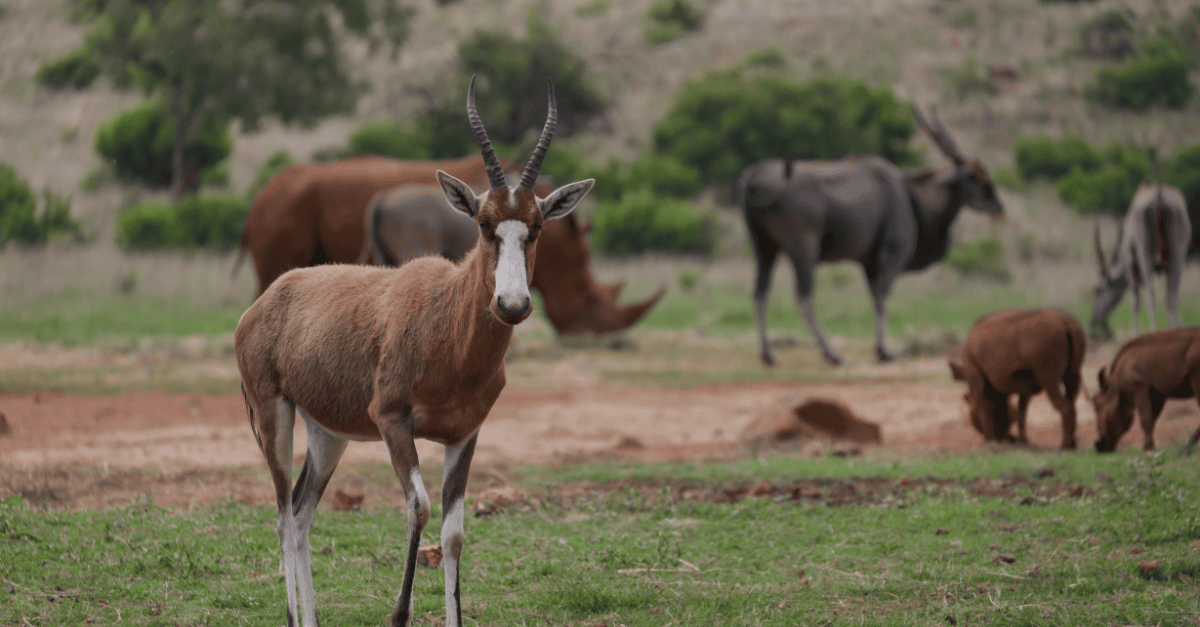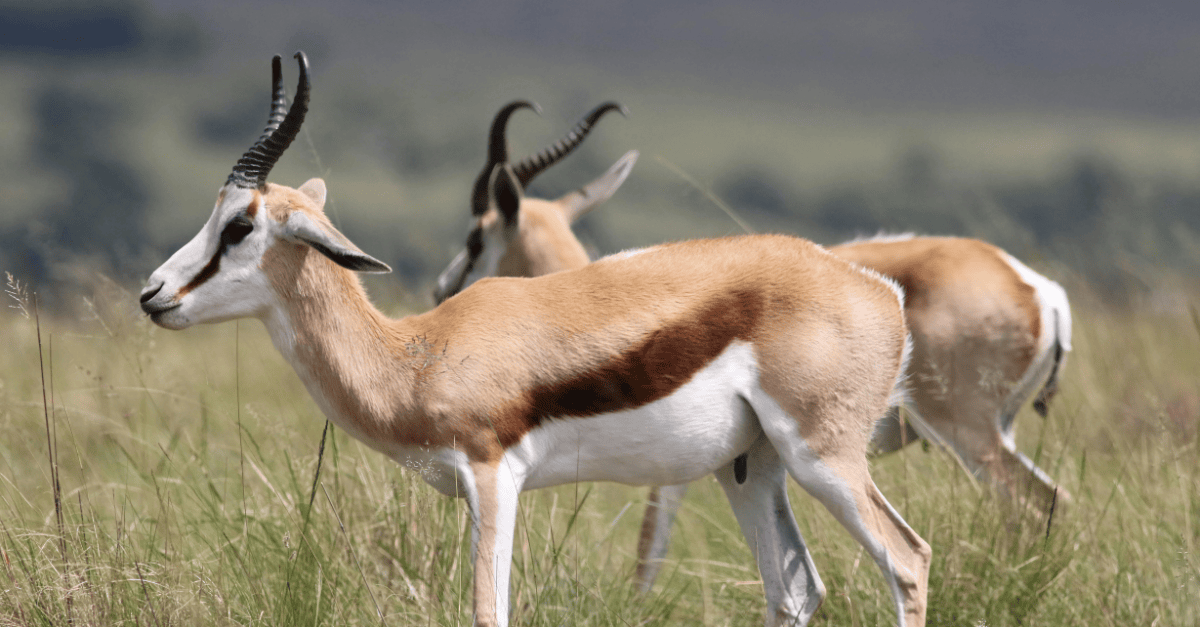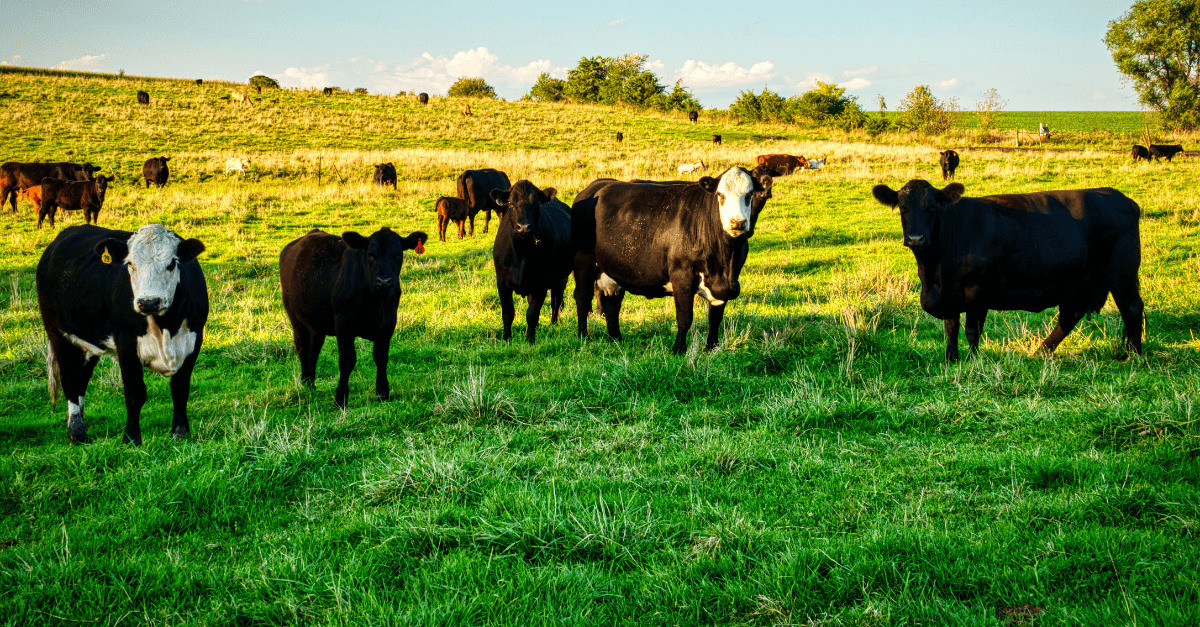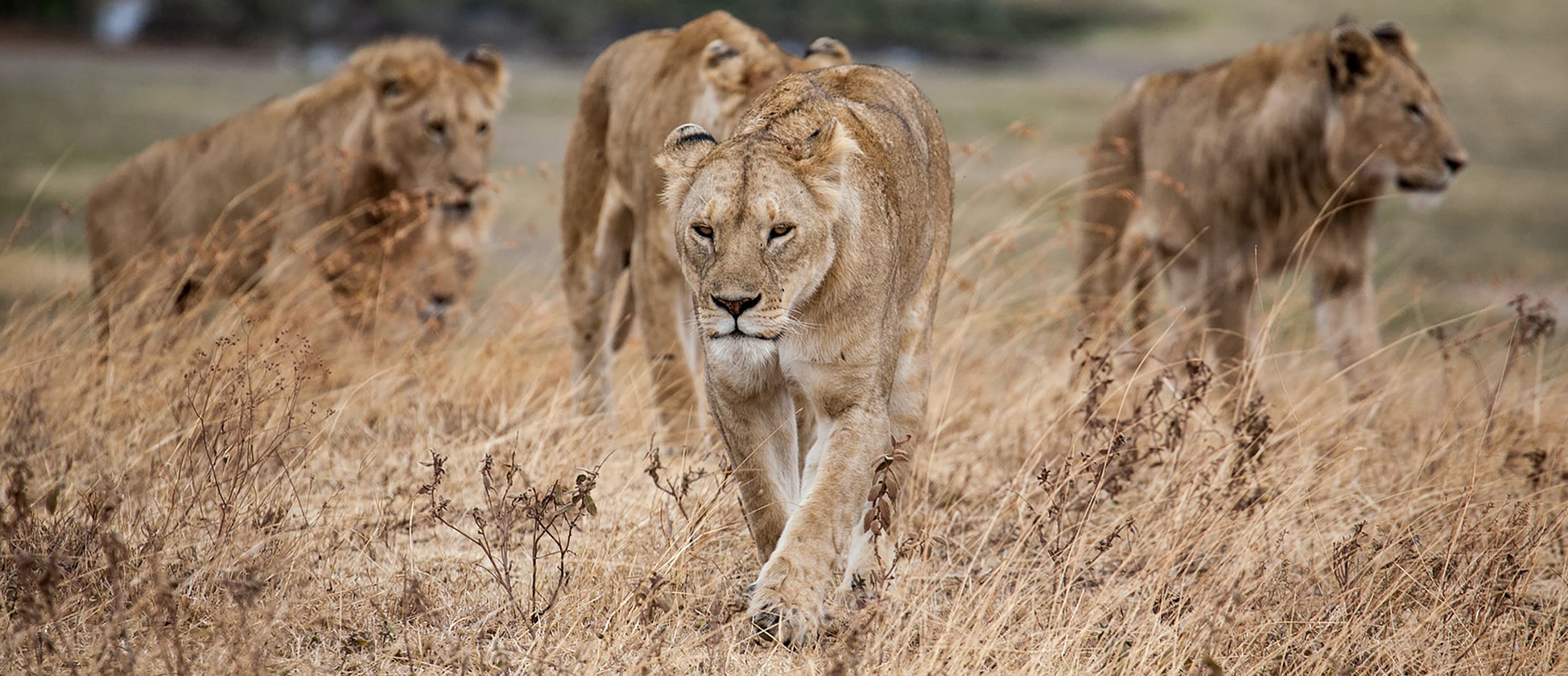By Nelson Dordelly Rosales, Advocacy & International Relations Specialist (FOUR PAWS)
During its 78th session, the UN General Assembly adopted a UN Political Declaration on Pandemic Prevention, Preparedness and Response.
The Declaration was a truly historical moment, with global leaders reiterating their commitment to “creating and maintaining political momentum and solidarity for Pandemic Prevention Preparedness and Response”. However, many civil society organisations felt it lacked ambition. Nevertheless, the Declaration did call for Member States to adopt a One Health approach, referring to the One Health Joint Plan of Action; to address the so-called “drivers of outbreaks in animals”, “comprehensively addressing outbreaks in animals”; and strengthening collaboration among the Quadripartite institutions for a more coherent and consistent global health policy across the human-animal-environment interface. The declaration bolstered political support for the World Health Organisation’s Intergovernmental Negotiating Body, currently drafting the Pandemic Instrument that will soon become part of international law.
To ensure that the promises of the political declaration are paired with commitments, FOUR PAWS International, backed by the French Ministry of Foreign Affairs and civil society organizations, such as Preventing Pandemics at the Source, Health in Harmony and PREZODE, organised a High-Level Side Event Meeting. This was an opportune moment to rally global health policymakers to discuss necessary steps post-declaration to ensure that the world does not suffer another tragedy as we did during COVID-19.
Unified voices: The emphasis on the One Health Approach
The side event brought together numerous health ministers, ambassadors, and policymakers to call for unity over division among member states, especially in upcoming pandemic treaty negotiations. Aurélien Rousseau, France’s Minister of Health and Prevention, highlighted the gravity of zoonotic diseases and the inseparability of human, animal, and ecosystem healthIndeed, when it comes next steps that are necessary to prevent future pandemics, the One Health approach offers an effective frame. Similarly, Dr. Theresa Tam, Chief Public Health Officer of Canada voiced Canada’s commitment to the One Health approach and civic engagement, pledging to work collaboratively with local, regional, national and international partners to prevent, prepare for and respond to emerging and re-emerging threats. Certainly, the drastic spread of highly pathogenic avian influenza, the recent reemergence of mpox (formerly known as monkeypox), and the recent outbreaks of Marburg virus all provide a stark reminder of the threat posed by zoonotic diseases and the need to re-define our understanding of health to include the health of animals and the environment.
Ingvild Kjerkol, Norway’s Minister of Health and Care Services emphasised the integral relationship between the environment, animals and people, pointing to antimicrobial resistance as another example of the importance of the One-Health approach.
As UN Member States reiterated their support to One Health, Mr. Stefano Todde, Coordinator of Projects for the Ministry of Health, Dominican Republic reiterated the imperative to embrace a comprehensive definition of health, including animal and environmental health. He added “In our quest to bridge the disparities between nations, especially those that exist between the Global South and North, I stress the urgency of channelling international funding directly into “One Health” initiatives. This strategic allocation of resources empowers nations to construct resilient health systems capable of addressing health challenges from a holistic standpoint. Embracing “One Health” transcends the realm of pandemic prevention; it encapsulates our collective commitment to long-term sustainability, the assurance of global food security, and the safeguarding of our planet’s precious ecosystems.”
In conclusion, a consensus emerged among attending member states: One Health must be part of the Pandemic Instrument, and funding be made available to ensure One Health National Plans can be implemented across the world. FOUR PAWS will continue to work with UN Member States and civil society organizations to ensure that a One Health approach to pandemic prevention is implemented to protect everyone equally.
Photo by Lucia Macedo on Unsplash





